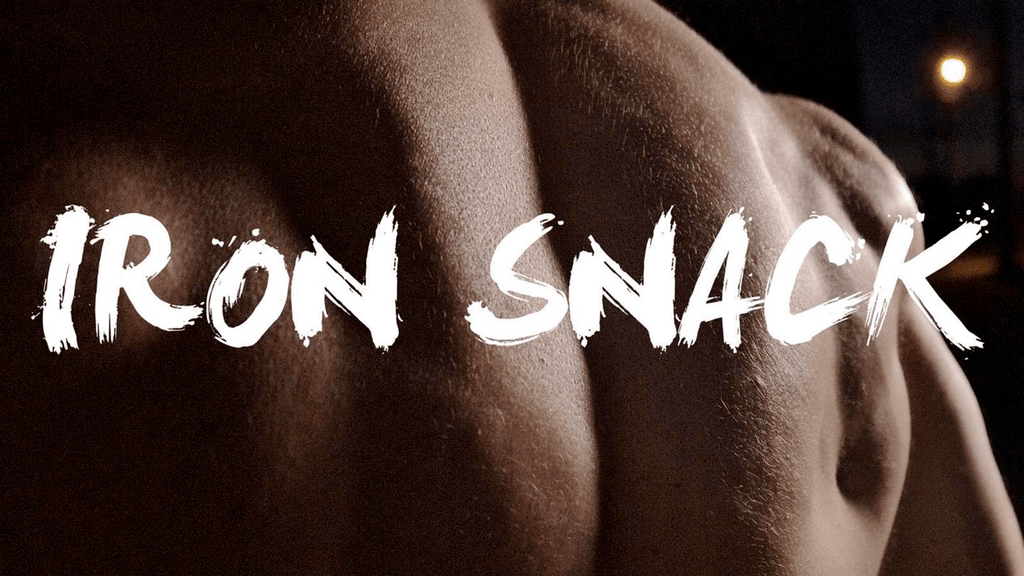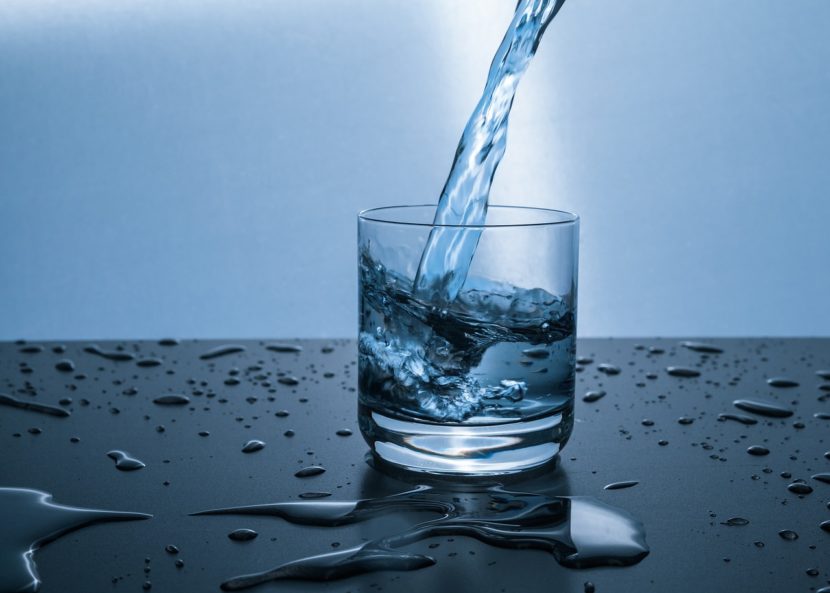Curb your appetite
When dieting to lose weight one of the hardest things is to find is a way to curb your appetite. Some days it is really easy to stick to the plan others I get the worst cravings to stray off the diet potentially ruining days to even a week of solid progress. However if I could contribute one way to curb your appetite and to stay on track that would have to be drinking water. Drinking water causes distention of gastrointestinal organs meaning you are fuller and less likely to eat. Gastric distention during meal ingestion activates vagal afferents, which send signals from the stomach to the brain and result in the perception of fullness. During competition prep I would constantly drink water to control my appetite. For 16 weeks of controlled dieting I only had 3 to 4 cheat meals. Water can help curb your your appetite and keep your mind and goals on track. Studies presented below show evidence for osmoreceptors (salt) and glucoreceptors (sugar) playing a role in satiety (feeling full). The studies also show that distention and pressure within the stomach help us feel full. In a study of 17 individuals for 8 weeks of water consumption at 1.5 gallons they had lower appetites, lower weight and body fat percentages as well! It’s hard getting in a lot of water in during the day especially if you are trying to hit a gallon to a gallon and a half of water. The best way to hit your water goal for the day is make yourself a schedule. Personally I make sure I drink 25-30 oz of water with every meal. I also make sure to drink the same amount right when I wake up, before and after I go to the gym or do cardio. There is 128 oz in a gallon so with this in mind if you consume 30 oz of water first thing when you’re awake, with three meals, before and after physical activity you would reach 1.4 gallons of water a day. So if you wanted to reach 1.5 gallons of water a day, you would only have to consume an extra 13 oz of water! Some other things you can try is using a serving or two of BCAA throughout the day to help make it more appealing and help with the sweetness craving. There are also other ways to make it more appealing such as adding lemons or low calorie sweeteners for example. People who are replacing juices and sodas with water will see and even better result in reduced weight and body fat. The are also more benefits with drinking water such as physical performance,cognitive performance, kidney and heart function and may even help boost metabolism. At the end of the day try your best to consume a good amount of water throughout the day and use water to your advantage.
Sources for curb your appetite:
Gastric distention activates satiety circuitry in the human brain.


